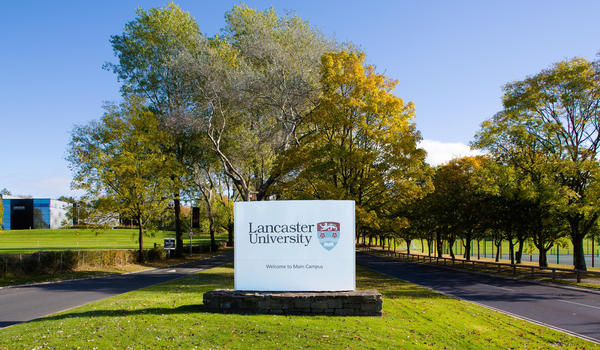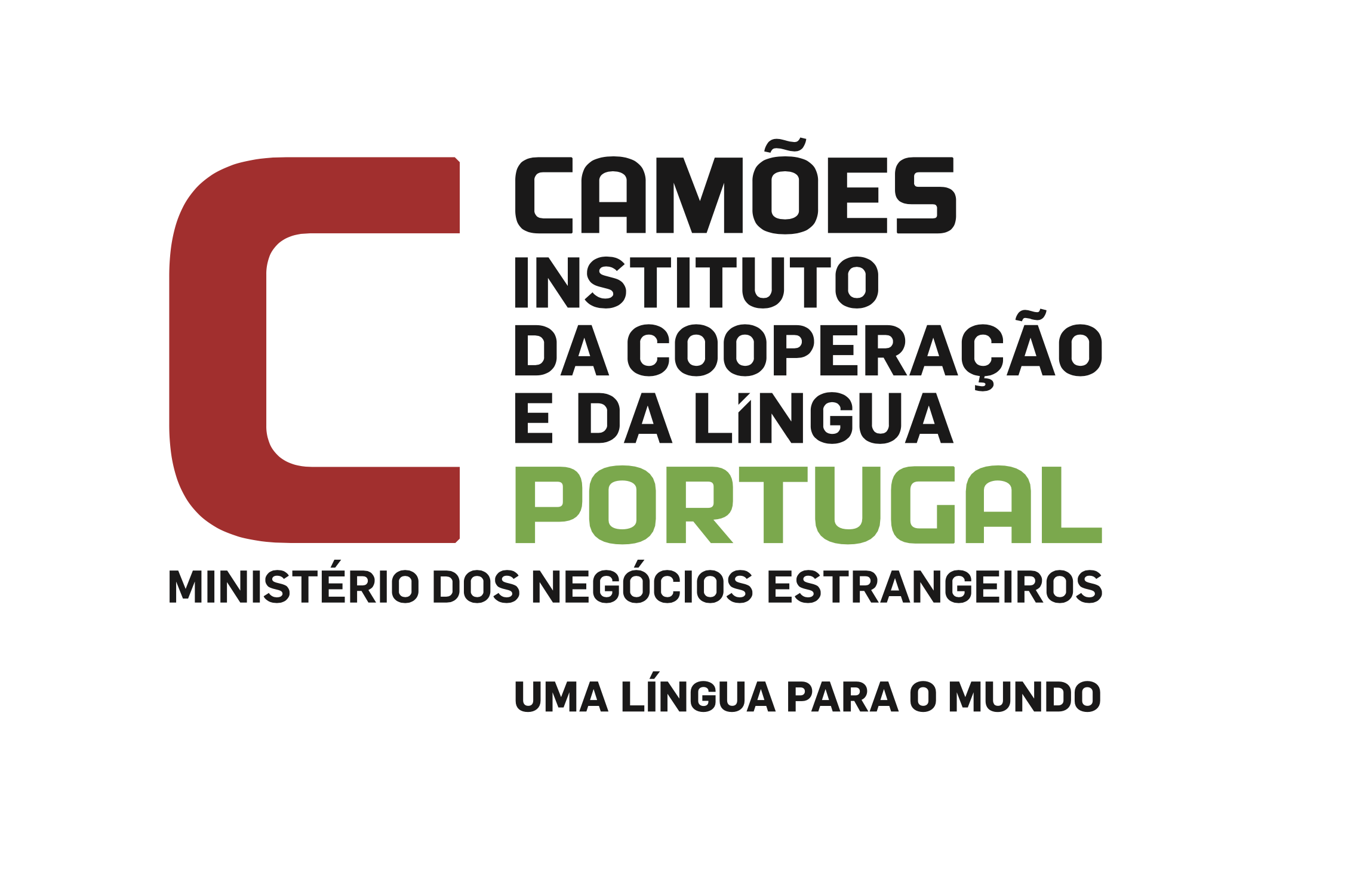Camões Institute Cátedra
Welcome, bem-vind@s!
Welcome to the webpage of Lancaster’s Camões Institute Chair for Multilingualism and Diversity, or Cátedra Camões para o Multilinguismo e a Diversidade in Portuguese.
Here, you will find information about the Lancaster Cátedra, our objectives and our partners, Portugal’s Camões Institute. We regularly publish news items and organize events, which can be found on this website.
The Cátedra was officially launched in June 2023. It is directed by Professor Patrick Rebuschat, a specialist in bilingualism and additional language learning (L2, L3, L4, Ln...), based in Lancaster's Department of Linguistics and English Language.
Accordion
-
What is a “Cátedra”?
The term “Cátedra” translates as Chair or Professorship in academic contexts. It is essentially a financial endowment to support a range of activities at a given university.
-
How do you pronounce the words "Cátedra" and "Camões"?
We are working on audio clips so that you can hear what these words sound like in Portuguese.
In the meantime, this is how we would transcribe the European Portuguese pronunciation of the words "cátedra" and "Camões" using the International Phonetic Alphabet (IPA), a system of phonetic notation used in linguistics.
Cátedra: [ˈkatɨdɾɐ]
Camões: [kaˈmõj̃ʃ]
-
How to contact us
For general enquries, please contact catedra-camoes@lancaster.ac.uk.
Who was Camões?
The Camões Institute is named after Luís Vaz de Camões, Portugal’s national poet. He is most well-known for the epic poem Os Lusíadas (The Lusiads, 1572), which celebrates the discovery of a sea route to India by Vasco da Gama. In 2024, Portugal celebrates the 500th anniversary of the birth of Camões.
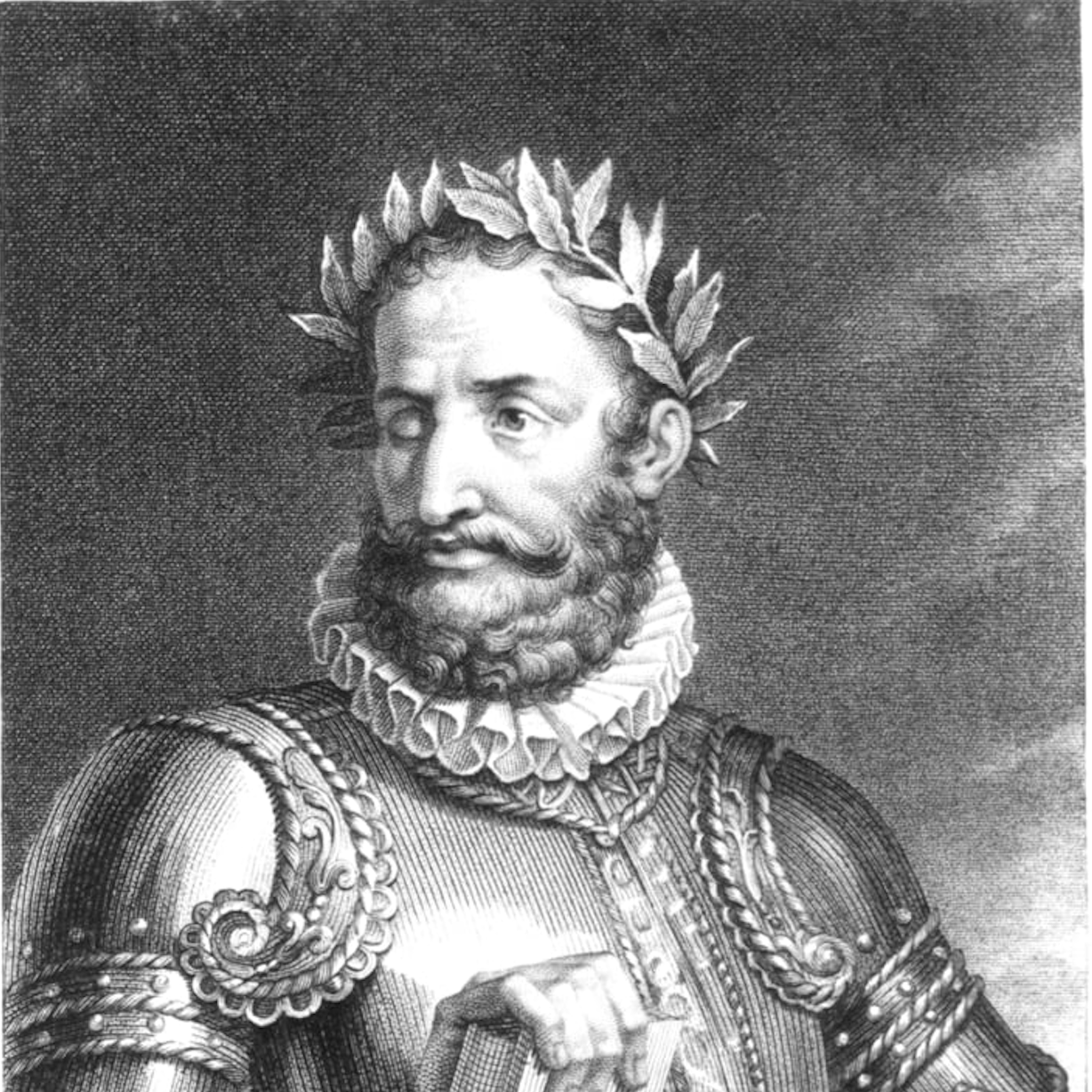
Lancaster and Portugal
Did you know that Lancaster has long-standing ties to Portugal? Today, nearly 190 Portuguese citizens and students are valued members of the Lancaster University community, one of the largest Portuguese student bodies in the UK.
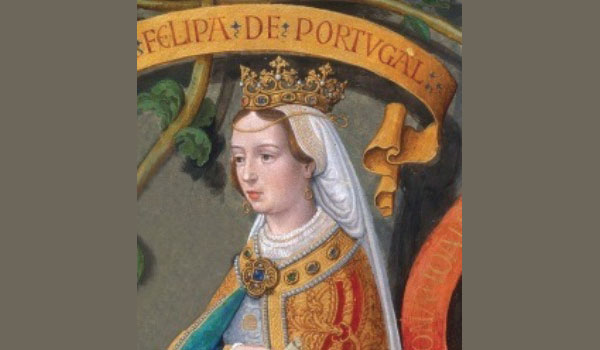
Philippa of Lancaster
In 1386, England and Portugal signed the Treaty of Windsor, thus establishing the oldest diplomatic alliance in the world still in existence. The treaty was sealed by the marriage of King John I of Portugal to Philippa of Lancaster, daughter of John of Gaunt, 1st Duke of Lancaster. Philippa, or Filipa de Lencastre as she is known in Portugal, became an important and well-known figure in Portuguese history.

Portuguese President Mário Soares visits Lancaster
In 1986, the President of Portugal, Mário Soares, received an Honorary Doctorate from Lancaster University. The occasion served to celebrate the 600th anniversary of the Treaty of Windsor between England and Portugal, but also to celebrate President Soares' important role as a champion of democracy in Portugal.
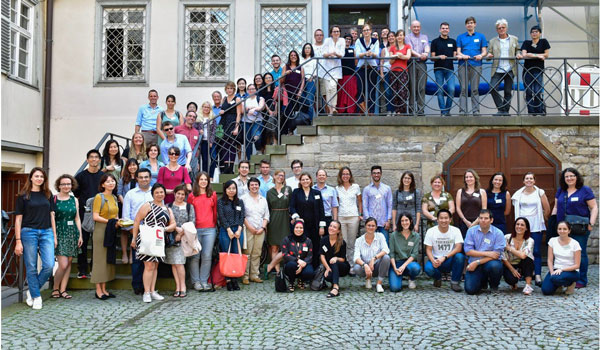
The Heritage Language 2 Consortium (HL2C)
The Consortium is a strategic partnership involving six universities (Lancaster, Lisbon, Minho, NOVA, Porto, Tübingen) and Portugal's Camões Institute. A Memorandum of Understanding was signed in Lisbon in December 2017.
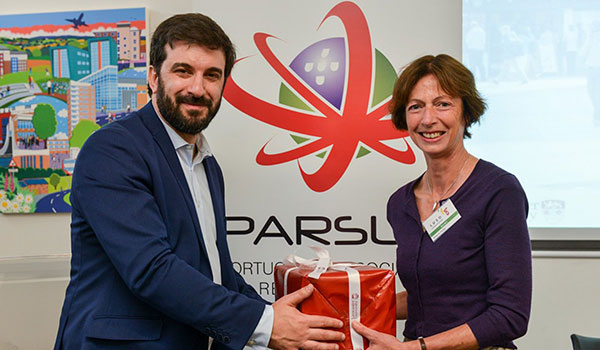
Over the years, Lancaster has welcomed many distinguished visitors from Portugal
Our guests included scientists, artists, writers, policy makers, academic leaders, and also members of the Portuguese government. Pictured here in 2018 is then Minister of Education Tiago Brandão Rodrigues during his visit to Lancaster.
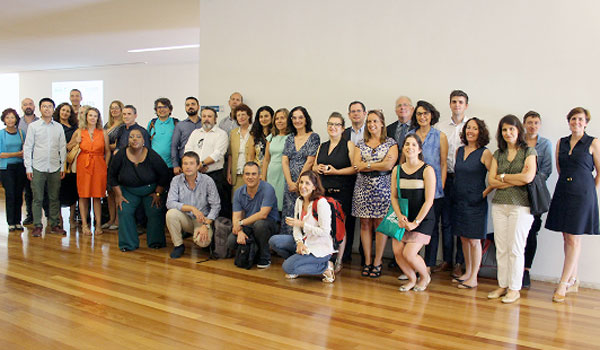
Strategic partnerships: NOVA Lancaster
Lancaster and NOVA University Lisbon established a strategic partnership in June 2018, when a Memorandum of Understanding was signed. The partnership's core themes are sustainability, digital transformations, and global health.
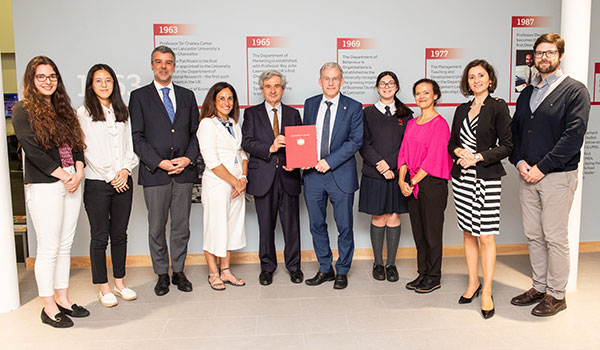
Lancaster's Camões Institute Cátedra for Multlingualism and Diversity
In June 2023, we celebrated the launch of Lancaster's Camões Institute Cátedra for Multilingualism and Diversity. Our mission is to promote research on multilingualism and to disseminate findings among academic and non-academic audiences.
More News


